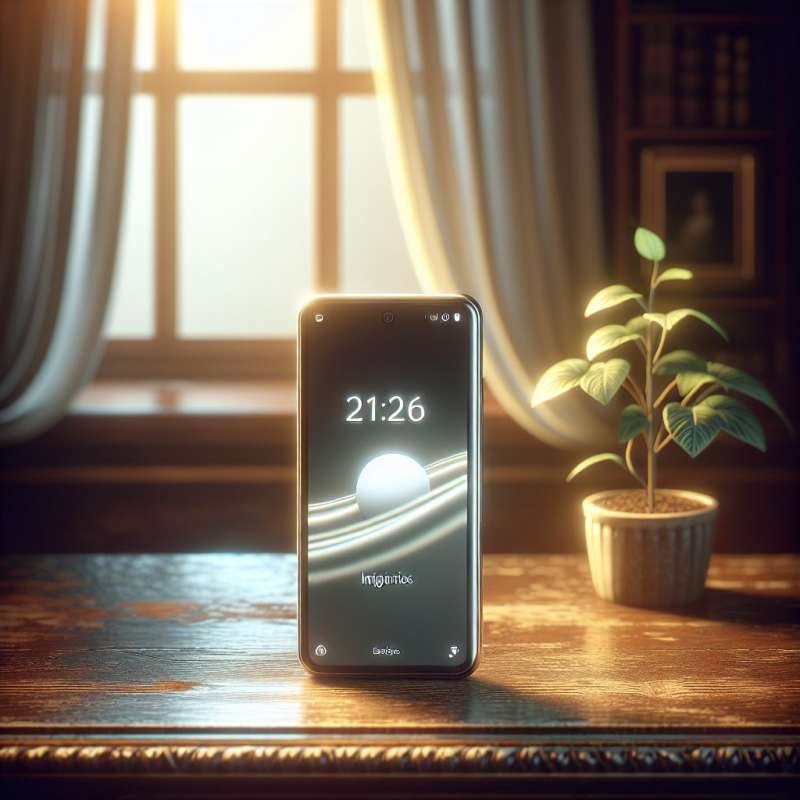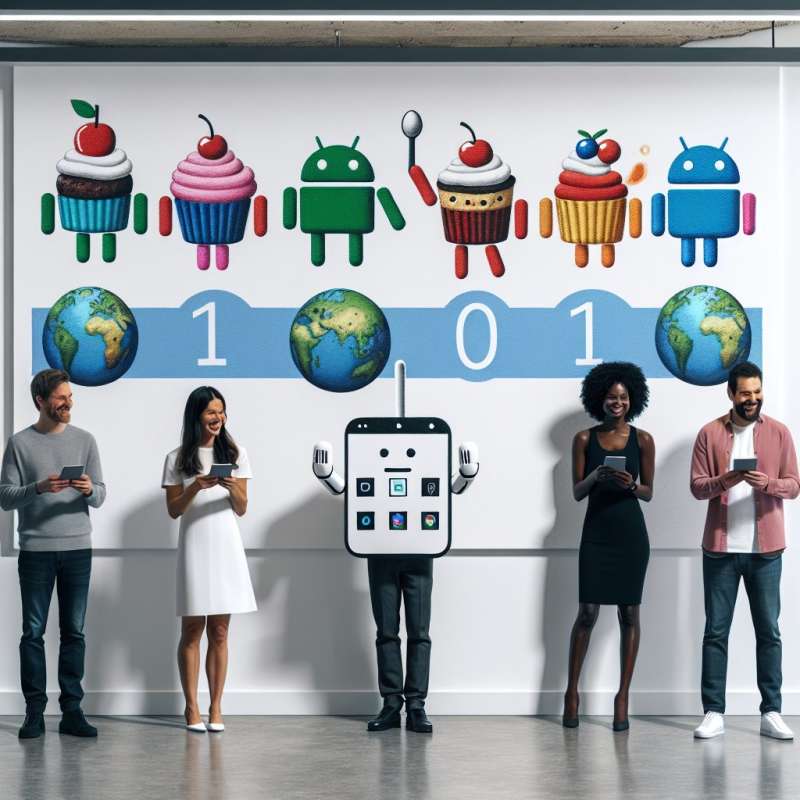
Android's Birth
Android Inc. was founded in 2003 by Andy Rubin and later acquired by Google in 2005. Initially, Android was conceived as a digital camera platform, but pivoted to a mobile phone platform due to the market potential.
First Android Release
The first commercial version, Android 1.0, was released in September 2008. Unlike later versions, Android 1.0 didn't have a confectionery-themed codename. The HTC Dream was the first phone to run on Android.
Android's Market Dominance
As of 2021, Android holds over 70% of the global smartphone market share. This dominance is largely due to its open-source model, allowing various manufacturers to adopt and modify the OS.
Unique Android Projects
Android is not just for phones; it powers the International Space Station's 'Floating Smart Assistants,' spherical robots that aid astronauts with tasks and experiments, showcasing Android's versatility.
Android Version Naming
Until 2019, Android versions were named after sweets in alphabetical order. However, with the release of Android 10, Google shifted to a numerical system to ensure clarity and inclusivity for a global audience.
Gradle Build System
Android's transition to the Gradle build system in 2013 significantly improved application development efficiency. Gradle allows developers to define flexible custom build configurations easily.
Android Goes Beyond Mobile
Android has expanded beyond mobile devices to TVs, cars, and wearables. Android Auto and Wear OS are specialized adaptations for in-vehicle infotainment systems and smartwatches, respectively, broadening the ecosystem.
Who founded Android Inc.?
Larry Page and Sergey Brin
Steve Jobs and Wozniak
Andy Rubin
Company